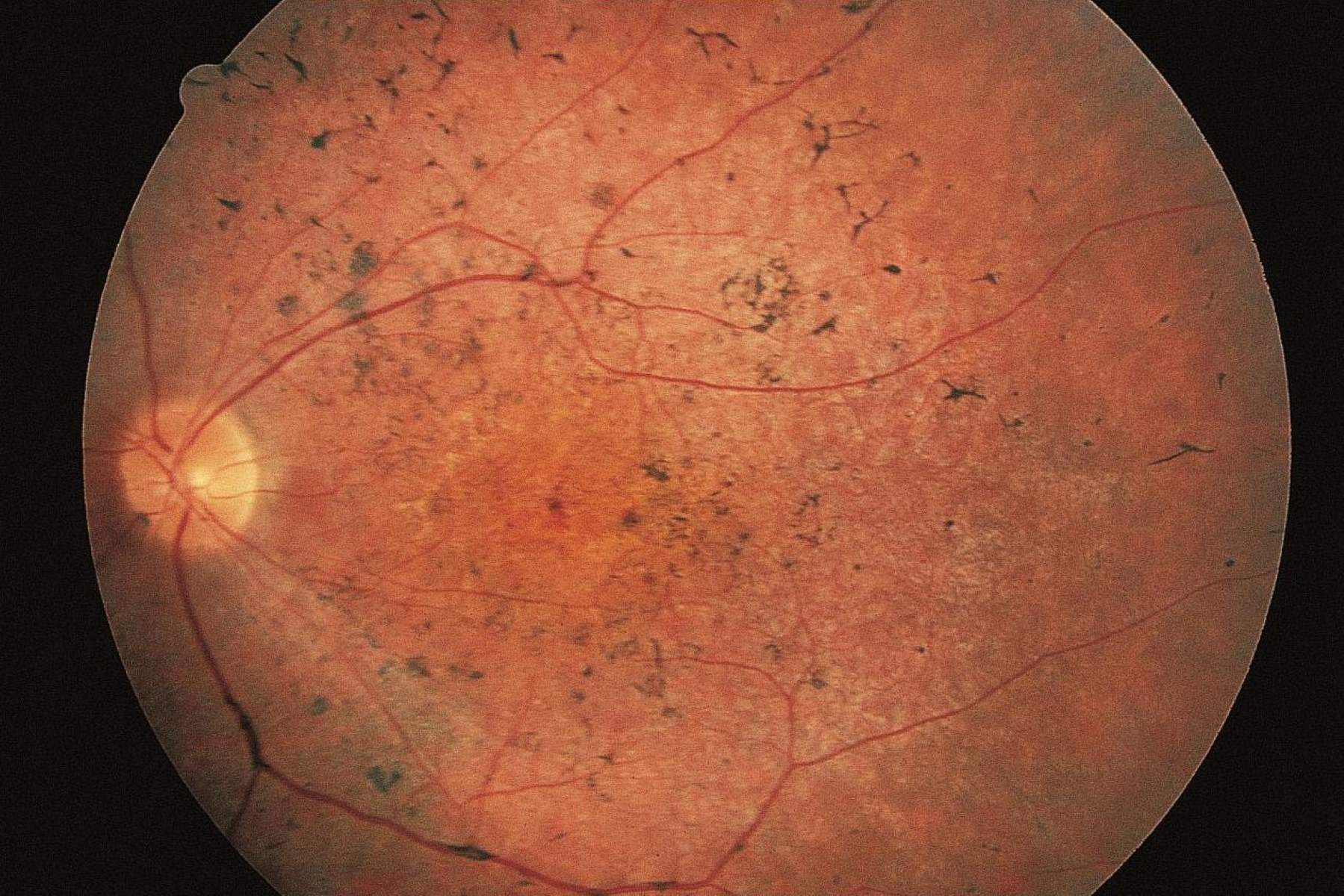
Zoia Ceaușescu was a Romanian mathematician and the daughter of Nicolae Ceaușescu, Romania's infamous communist leader. Born in 1949, she grew up in a world of political power and privilege, yet she carved out her own path in the academic world. Zoia earned a Ph.D. in mathematics and contributed significantly to the field, particularly in operator theory. Despite her father's controversial regime, she maintained a relatively low profile, focusing on her research and teaching. Her life was a blend of intellectual pursuit and the shadow of her family's political legacy. Curious about the lesser-known aspects of her life? Here are 40 facts about Zoia Ceaușescu that shed light on her achievements, struggles, and the complex world she navigated.
Key Takeaways:
- Zoia Ceaușescu, daughter of Romania's dictator, excelled in mathematics despite her father's regime. Her resilience and academic contributions continue to inspire and impact the field of mathematics.
- Zoia Ceaușescu's life was marked by academic excellence, personal interests, and challenges. Her legacy as a mathematician and her strength in the face of adversity continue to be celebrated and respected.
Early Life and Education
Zoia Ceaușescu, daughter of Romania's infamous dictator Nicolae Ceaușescu, led a life filled with both privilege and scrutiny. Her early years were marked by a blend of luxury and intense pressure to excel academically.
- Born on March 1, 1949, in Bucharest, Romania, Zoia was the second child of Nicolae and Elena Ceaușescu.
- She attended the prestigious Mihai Viteazul High School in Bucharest, known for its rigorous academic standards.
- Zoia showed an early aptitude for mathematics, a subject she would later pursue with great passion.
- Despite her father's political influence, Zoia's academic achievements were genuinely her own, earning respect from peers and professors alike.
Academic Achievements
Zoia's academic journey was nothing short of impressive. Her dedication to mathematics led her to become a respected figure in the field.
- She graduated from the University of Bucharest with a degree in mathematics in 1970.
- Zoia earned her Ph.D. in mathematics in 1977, specializing in functional analysis.
- Her doctoral thesis was titled "On the Interpolation of Sublinear Operators," a complex topic that showcased her deep understanding of mathematics.
- Zoia published several research papers in renowned mathematical journals, contributing significantly to her field.
Personal Life
Despite her public persona, Zoia's personal life remained relatively private. However, some details about her relationships and interests have surfaced over the years.
- Zoia married Mircea Oprean, an engineer and university professor, in 1980.
- The couple had no children, focusing instead on their careers and academic pursuits.
- Zoia was known to be an avid reader, with a particular interest in classical literature and philosophy.
- She enjoyed playing the piano, a hobby that provided her with a creative outlet amidst her rigorous academic work.
Political Climate and Impact
Living under the shadow of her father's dictatorship, Zoia's life was inevitably influenced by the political climate of Romania.
- Despite her father's regime, Zoia was not actively involved in politics, focusing instead on her academic career.
- She was often scrutinized by the public and the media, who were curious about the dictator's daughter.
- Zoia's academic achievements were sometimes overshadowed by her father's controversial policies and actions.
- After the fall of the Ceaușescu regime in 1989, Zoia faced significant challenges, including legal battles and public scrutiny.
Post-Revolution Challenges
The Romanian Revolution of 1989 brought significant changes to Zoia's life. The aftermath of her father's regime had lasting effects on her personal and professional life.
- Zoia was arrested in December 1989, along with her brothers, on charges of undermining the national economy.
- She spent eight months in prison before being released in August 1990 due to lack of evidence.
- After her release, Zoia struggled to find employment due to her association with the former regime.
- She eventually found work as a researcher at the Institute of Mathematics of the Romanian Academy.
Later Years and Legacy
Zoia's later years were marked by a quieter life, away from the public eye. Her contributions to mathematics, however, remain significant.
- Zoia continued her research in mathematics, publishing papers and attending conferences.
- She maintained a low profile, avoiding public appearances and media attention.
- Zoia passed away on November 20, 2006, at the age of 57, after a battle with lung cancer.
- Her work in mathematics continues to be respected and cited by scholars in the field.
Interesting Tidbits
Beyond her academic and personal life, there are some lesser-known facts about Zoia that paint a fuller picture of who she was.
- Zoia was fluent in several languages, including English, French, and Russian.
- She had a keen interest in astronomy and often visited observatories.
- Despite her father's strict regime, Zoia was known to have a rebellious streak, often challenging his views privately.
- She was a supporter of animal rights and often donated to animal shelters.
Public Perception
Public perception of Zoia has evolved over time, influenced by her father's legacy and her own achievements.
- During her father's regime, Zoia was often seen as a symbol of privilege and power.
- After the revolution, public opinion was divided, with some viewing her as a victim of her father's actions.
- Over time, many have come to respect Zoia for her academic contributions and resilience.
- Her story is often cited as an example of the complexities of living under a dictatorship.
Contributions to Mathematics
Zoia's contributions to mathematics have left a lasting impact on the field. Her work continues to be studied and respected by mathematicians worldwide.
- Zoia's research focused on functional analysis, a branch of mathematical analysis dealing with function spaces and operators.
- She collaborated with several renowned mathematicians, contributing to joint research projects.
- Her work on sublinear operators has been particularly influential, providing insights into various mathematical problems.
- Zoia's publications have been cited by numerous scholars, reflecting the significance of her contributions.
Personal Traits and Characteristics
Zoia was known for her intelligence, determination, and resilience. These traits helped her navigate the challenges of her unique position.
- Zoia was described by colleagues as highly intelligent and dedicated to her work.
- Despite the pressures of her family background, she remained humble and focused on her academic pursuits.
- Zoia's resilience was evident in her ability to overcome the challenges she faced after the revolution.
- Her legacy is a testament to her strength, intelligence, and contributions to the field of mathematics.
Zoia Ceaușescu: A Life of Contrasts
Zoia Ceaușescu's life was a blend of brilliance and controversy. Born into Romania's most powerful family, she excelled in mathematics, earning respect in academic circles. Yet, her father's oppressive regime cast a long shadow over her achievements. Despite her intellectual prowess, Zoia faced challenges due to her family's political downfall. Her arrest and subsequent house arrest highlighted the dramatic shift from privilege to persecution.
Zoia's story is a reminder that personal accomplishments can be overshadowed by political contexts. Her contributions to mathematics remain significant, but her life also serves as a cautionary tale about the complexities of power and legacy. Understanding Zoia Ceaușescu means recognizing both her academic brilliance and the turbulent political landscape she navigated. Her life, marked by contrasts, offers valuable lessons on resilience, identity, and the impact of historical events on individual destinies.
Frequently Asked Questions
Was this page helpful?
Our commitment to delivering trustworthy and engaging content is at the heart of what we do. Each fact on our site is contributed by real users like you, bringing a wealth of diverse insights and information. To ensure the highest standards of accuracy and reliability, our dedicated editors meticulously review each submission. This process guarantees that the facts we share are not only fascinating but also credible. Trust in our commitment to quality and authenticity as you explore and learn with us.


